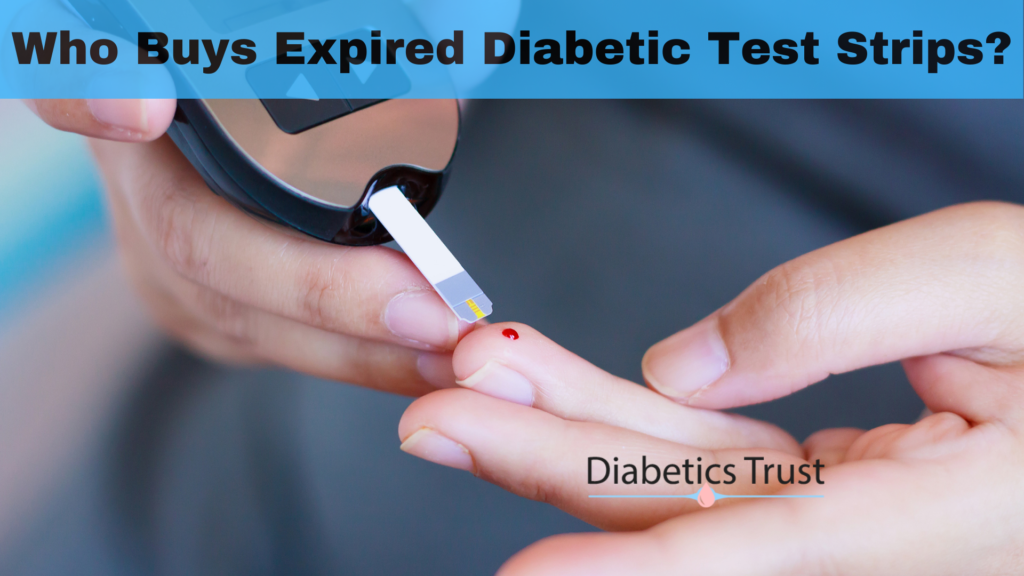Have you found yourself with extra insulin and are unsure what to do with it? You’re not alone. Many people with diabetes sometimes find themselves with unused insulin due to changes in their prescription or an improvement in their health condition.
We explore the possibilities of what to do with extra insulin and discuss the legalities of selling, the potential for donation, and the crucial considerations for storage.
The Reality of Extra Insulin
Insulin is a lifesaver for millions of people living with diabetes. It’s a critical component of their daily routine to manage their blood glucose levels.
But what happens when you have more than you need? Perhaps your doctor adjusted your dosage, or you switched to a different type of insulin.
This leaves many pondering over the same question: Can you sell your insulin?
Can You Sell Your Diabetic Insulin?
On the face of it, selling your unused insulin might seem like a practical solution. However, there are crucial legal and ethical considerations to bear in mind. Most states in the U.S. prohibit the sale of prescription drugs by anyone other than a licensed pharmacy.

This includes insulin. Not only is selling your insulin generally illegal, but it also comes with potential health risks for the buyer, such as improper insulin storage and handling, or even misuse of insulin without proper medical guidance.
The Legality of Insulin Resale
The law is clear on the resale of prescription medications like insulin: it is generally illegal. Legal consequences can be severe, and past cases have seen individuals facing hefty fines and even jail time for unlawfully reselling insulin.
It’s important to remember that these laws are in place for a good reason – to protect individuals from potential harm caused by improper use of medications.
Safe and Responsible Options for Extra Insulin
So, what can you do with extra insulin? Luckily, there are alternatives that are both safe and legal. One such option is donating your insulin. Various organizations accept unopened insulin and redistribute it to those in need.
Alternatively, you can also store insulin safely for future use, provided that it is kept correctly and not past its expiration date. If neither of these options is suitable, it’s essential to dispose of your insulin safely – your local pharmacy or health department can provide guidance on how to do this.
Sharing insulin might seem like a kind gesture, but it’s crucial to understand the potential risks and legal implications. Insulin treatment should always be overseen by a healthcare professional to ensure correct dosage and administration.
Conclusion
Navigating the world of extra insulin can seem complicated, but being informed about the legal, ethical, and safe options can guide you toward making responsible decisions. Remember, selling insulin is not generally a legal or safe solution.
However, donating, storing, or safely disposing of insulin are viable alternatives. As always, consult with healthcare professionals for any concerns or questions regarding your medications – they are best equipped to guide you.
Remember: Your health and the health of others is of paramount importance. Handling extra insulin responsibly contributes to the overall safety and well-being of our communities.
Note: Always consult with healthcare professionals for any concerns or questions regarding your medications.
Related Blogs You Must Read
How Selling Unused Diabetic Supplies is Changing Lives
How To Help Someone With Diabetes





